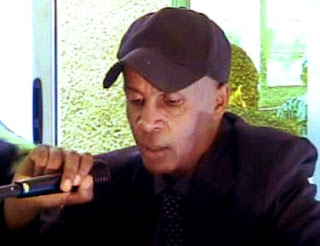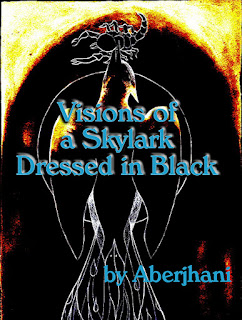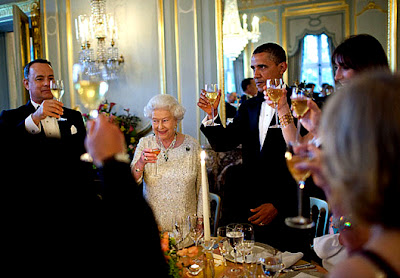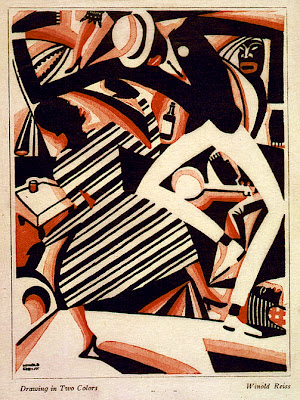Dancing to the Paradigm Rhythms of Change in Action (part 1 of 2) by Aberjhani

Journalist, publisher, and blogger Eskinder Nega. (World News photo) “ I am Eskinder Nega. Like my hero Nelson Mandela, my soul is unconquered, my spirit unbroken, my head unbowed, and my heart unafraid.”—Eskinder Nega from I Am Eskinder Nega Change is one of the scariest things in the world and yet it is also one of those variables of human existence that no one can avoid. One may literally find the lessons of that simple observation all over the map at this halfway point in the year 2012–– and only a few months before Americans take their collective political fate into their own hands during one of the most intense presidential elections on historical record. From such a perspective, it matters less whether you look at the U.S. Supreme Court’s recent decisions to skillfully dissect Arizona’s (and by extension similar states’) Illegal Immigration Law, and then largely uphold President Barack Obama’s Patient Protection and Affordable Care Act as vi


